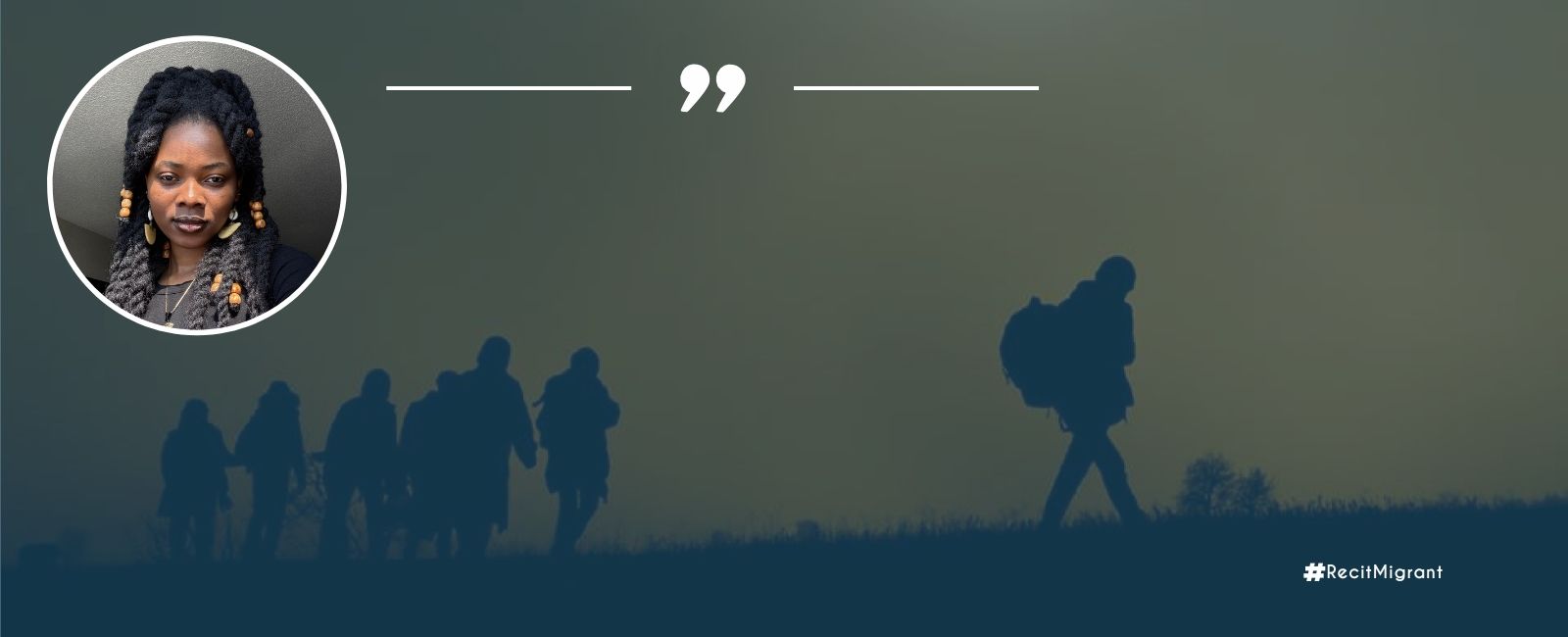

Sika’s name has become well-known among Chadian internet users. This young woman is known for her committed activism and regularly stirs up the web in Chad by denouncing the poor governance and profound social injustices that plague her country. Having lived in Canada for over a year, Sika Nguemta continues her struggle from afar. However, she is deeply saddened by the migration of young Chadians who are forced to leave their homeland due to a lack of prospects.
Sikata is a passionate communicator and a tireless campaigner for social justice. She is also committed to crucial issues such as African sovereignty, human dignity and the emancipation of women. Originally from Chad, she is the embodiment of committed, diverse youth. She is involved in a variety of activities, including writing, content creation and advocacy. She firmly believes that words have the power to change individual and collective trajectories, raise awareness and break the silence. For her, this fight is above all a ‘quest for dignity’ in a society that she describes as ‘profoundly unequal’. In such a context, remaining silent is tantamount to becoming an accomplice to injustice. “Witnessing nepotism, the marginalisation of women and the exploitation of young people and doing nothing is not an option for me,” she asserts with determination.
Sikata is an assertive – and, at times, provocative – figure who leaves no one indifferent. Speaking with a calm yet unwavering voice, she challenges the status quo, which unsettles some people and results in repeated threats and pressure being directed at her. However, far from being intimidated, she denounces the carefully maintained climate of fear designed to stifle any hope of a better future. She is fiercely attached to freedom and refuses to accept fear as the norm, continuing to speak out with courage and conviction.
Exiled more than nine thousand kilometres from home, Sikata Nguemta observes the situation in Chad with a mixture of concern and hope. She describes the mass exodus of young Chadians, who often risk their lives in search of better prospects, as a tragedy. “No young person leaves their homeland for fun. Their dreams are shattered and their hopes displaced,” she laments. Sikata firmly believes that when young people are forced to leave, the future of an entire nation is put at risk. Yet she acknowledges that leaving is not always an ideal path, but sometimes a necessity – to survive, to breathe, to rebuild. This is why she urges young people to leave only when circumstances truly demand it, and to always do so with a clear purpose and a strong connection to their roots.
Sikata also forcefully condemns the discriminatory treatment that Africans face in some countries on the continent, including difficulties obtaining residence permits or visas, arbitrary expulsions and forced repatriations. “It’s revolting and deeply painful,” she says indignantly. Rooted in the African values of hospitality and solidarity, she considers the expulsion of Africans from fellow African nations a disgrace. Although this situation saddens her profoundly, it only strengthens her determination to continue fighting for a fairer, more united Africa.
Recently Published
Subscribe to our newsletter!
Quick Links


